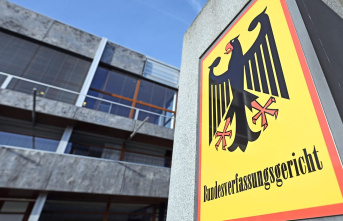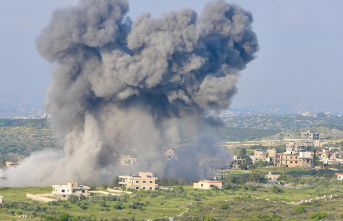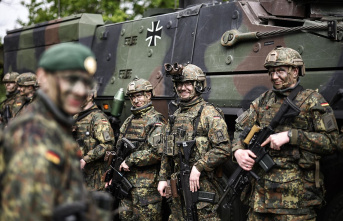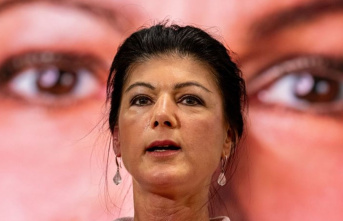HPV infection can trigger the formation of malignant tumors of the prostate gland, directly or indirectly, as an Australian study. James Lawson and Wendy Glenn of the University of new South Wales, Australia reviewed the results of 26 previous studies on HPV and the link with prostate cancer. To do this, the basis of nine causal criteria.
The two authors have discovered that the high-risk HPV types 16 and 18 have been identified in normal, benign and malignant prostate tissue. These two types cause the majority of cervical cancers. The researchers found, apparently, evidence that high-risk HP viruses occur in prostate cancer are much more frequent than in normal and benign prostate tissue.
"Although HP-viruses are pathogens of many disease that have been identified for prostate cancer, you are the only infectious agents against which we can vaccinate. Therefore, it is important to assess the evidence of a possible causal role of HPV in prostate cancer, said James Lawson.
The role of Human papillomavirus in prostate cancer is very complex, so the scientists. The results of their systematic Reviews have been published now in the journal "Infectious Agents and Cancer".
Further studies are necessary"Since 2015, there have been several publications that suggest an Association of HPV with the development of prostate cancer," says the head of the Department of Urology in Braunschweig, Prof. Peter Hammerer. "All of these are Association studies, a really scientific proof" which is, to bear in mind Hammerer. It must therefore be carried out in further studies. This also includes animal testing.
Prof. Michael Muders, University hospital of Bonn, indicates that some essential Work is still pending. "Both experiments in cell cultures, in which oncogenic Human papilloma viruses of the so-called 'high risk'subtypes such as the subtype 16 or 18 in non-neoplastic cells by means of genetic Manipulation are introduced, as well as possible animal experiments with such cells have not been published. Only such studies could prove glands a doubt-free connection between HPV and malignant Transformation of the Prostate."
< p > Transfer goes fastHP-viruses are particularly as a trigger for cervical cancer. But even the young can become infected and then, during Sex, in turn, your partner or your Partner to be infected, because HPV among the sexually transmitted diseases.
"Many assume that HPV infections, especially in women's cancers. But this is not the case. HP virus diseases are a common cause of cancer in men. This is mainly to genital cancers of the anus and of the Penis, but also to cancers of the mouth, tongue and throat. Therefore, it is plausible that HP-anti-virus products can play in prostate cancer, and that HPV may contribute to vaccination to prevent the development of prostate cancer," said Lawson.
Precautionaryfor years, the STIKO stops, the Standing Committee on vaccination, to vaccinate both boys and girls before the first sexual contact against HPV. The people who have been infected with HPV, often show no obvious symptoms. That's what makes this disease unpredictable. Can infect anyone, even without Sex. A Transmission by smear infection is possible, for example in the Sauna.
For over ten years, the recommendation of the STIKO, that girls should be vaccinated at the age of nine to 14 years of age against HPV is in Germany.
"A HPV vaccination of both girls and boys is from a medical point of view, absolutely for the primary prevention of cervical cancer, but also of squamous cell carcinomas in the ENT to recommend the area," says Muders.
200 different types of papilloma virus are known. The vaccine works against the main viruses. The are HPV 16 and HPV 18. Both of them can cause cancer. Studies show that the vaccine has a protective effect of about 95 percent against tumors and tumor precursors is achieved. "It is likely that prophylactic vaccination can reduce the risk for HPV-induced cancers," says Hammerer.
one side effect of such a vaccination site swelling and redness at the injection site, as with other vaccinations, too. The should take young people – girls and boys – however, according to many experts, in purchase to protect against the HP-virus and a possible cancer.
author: Gudrun Heise
*The contribution of "trigger Human papilloma virus prostate cancer?" published by Deutsche Welle. Contact with the executives here.
Deutsche Welle Date Of Update: 14 July 2020, 03:26










